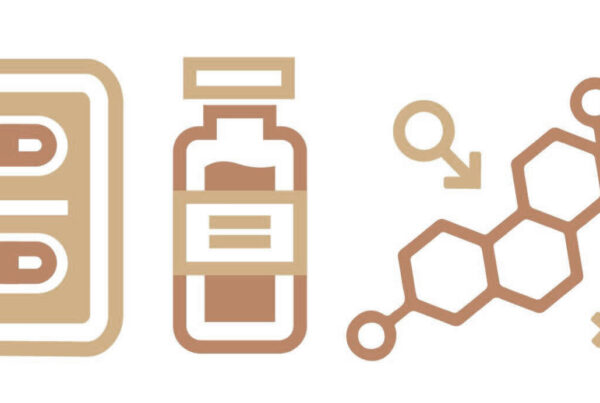 Questions to Ask When Choosing an Age-Management Physician
Questions to Ask When Choosing an Age-Management Physician
Moving from the realm of traditional anti-aging treatments towards bioidentical hormones is a new experience for many people. Consequently, knowing what to look for in a physician can be a little overwhelming.
In some regards, what you should look for in an age-management physician is the same thing you should look for in any doctor. You’ll want to know more about their specific background and methodologies. In either case, the following questions will help illustrate the kind of relationship and hormone programs you will achieve with your doctor.
What is the doctor’s background?
Hormone therapy can be conducted by a family practitioner, but specialists have the knowledge and experience to get optimal results overcome roadblocks. If you plan to undergo hormone replacement therapy, it’s always a good idea to go with a doctor who specializes in the field.
Will I meet with a doctor?
Steer clear of clinics where you only meet with a doctor once, or not at all. This medicine is very complicated. Hormones affect the whole body and have wide ranging effects. Physicians or mid-level providers who have cursory experience in hormones may not be able to anticipate issues that may occur with hormone replacement. A physician with training in hormone replacement is ideal and should be sought after.
How often will I meet with the doctor?
This is an important question to ask when choosing a doctor for anything. It can be incredibly frustrating when you aren’t getting the results you want, and your doctor isn’t available to explain why. Always inquire about the frequency with which you will have access to your physician.
What is the doctor’s methodology?
Learning your doctor’s methodology is important to understanding how they will treat you. Do they adhere to a particular solution? Do they tailor each solution to the individual needs of each patient? Knowing such things will help you find the doctor most suited to your expectations. Are their methods evidence-based, or simply passed from one doctor to another? Patients should ask to see the studies that inform a physician’s methodology.
What are the doctor’s goals?
Ask what your doctor expects to achieve by treating you. Many physicians will aim to get your hormone levels to normal for your age, but that should not be the goal. The goal should be to get your hormones to the optimal level, and having a doctor that strives to do so is a key factor in the hormone replacement therapy process.
How many hormone options are available?
Many programs rely on one type of hormone, usually pellets. But not everyone will react to a particular method of hormone introduction in the same way. Ensure that your physician uses multiple methods of hormone replacement therapy, so that you aren’t fixed into using one that doesn’t work for you. Clinics that use creams, shots, and tablets are most ideal.





